Please login or click here to join.
Forgot Password? Click Here to reset pasword
Set within romantic grounds, the splendour of Chillingham Castle is matched only by the dramatic grandeur of the surrounding Cheviot Hills, lying beyond the castle's 600 acre parkland.
It is an ancient place, with a reputation for ghosts, thus it is not surprising to find that it has dungeons and a torture chamber. The castle, hiding behind trees and foliage has been the home of the Earls of Grey and their descendents since its inception in the 1200's. It is believed to have been fortified in 1344 and consists of four square angle towers linked by a curtain wall, with various domestic buildings added at later dates.
The castle's grand entrance was built in the 17th century, with its beautiful landscaped park being laid out later by Sir Jeffery de Wyatville, who did Windsor Castle, in the early part of the 19th century.
The castle offers a number of beautifully decorated state rooms. The James I Drawing Room is named after a visit by the king who came to Chillingham in 1617. Here visitors can see a grand Elizabethan ceiling noted for its intricate ribs and pendants.
In 1298, Edward, Hammer of the Scots, who became King Edward I in the same year, stayed at the castle and the room named for him is the oldest in the building. This has been restored with furnishings of the 13th century, it has armour and weapons of the period and on display is the original licence to crenellate. This was drawn up by William Wakefield, secretary to William III, and is one of the castle's most prized possessions.
The sumptuous Great Hall is heavy with atmosphere, it has a flag stone floor, suits of armour, weapons, heads of deer adorning the walls as well as paintings of King Charles I, James II, Lord Bacon and Judge Jeffries. With long tables set with pewter candle sticks, it is easy to let your mind wander back to the days when Kings, Queens, Knights, Lords and Ladies would have gathered in this great chamber for an evening of feasting and merriment.
The Minstrels Hall is equally atmospheric, this has tapestries, spears, two magnificent fireplaces and the head of pre-historic elk. It makes a magnificent setting for the Medieval banquets frequently held here at the castle.
Visitors to Chillingham may tour the dungeons and the torture chambers, though these are not for the faint hearted! Scary at the best of times, lacking in light, with only narrow wall slits for air, here you can see some of the most horrific torture implements in the country. These include, a bed of nails, a stretching rack, thumb screws, leg irons, chains, cages and traps. There is even a trap door in the floor through which it possible to see into the vault below where there are the bones of a child! No wonder ghostly tales persist, for no-one would care to pass through here on an ill-lit starless night.
In the grounds of the castle visitors can soak up an entirely different atmosphere amongst beautifully laid out landscape of formal gardens, woodland and a lake. The Italian Garden survives from 1828 when it was designed by Sir Jeffery de Wyatville, its many lovely aspects have not been marred by the original garden statutory being replaced by modern replica's and its attraction is heightened further still by the wonderful 15 ft thick wall, once a jousting grandstand, which partially encloses the garden to one side.
If you take time to explore both the woods and the lake you may be fortunate to spot some of the famous Chillingham Wild Cattle. Wild animals have been a feature of the Chillingham landscape for centuries, these days you can often see badger, deer and fox. The lake is covered with playful ducks, plenty of fish can be seen and sometimes hidden in the bulrushes are frogs.
Chillingham Castle has often been used as a location for film and television, it was the backdrop for many of the scenes for the film Elizabeth and television has staged "The Big Breakfast" here when the torture chamber implements where filmed.
During the year the castle stages a number of colourful events and festivals, these include Musical Concerts, Opera, Morris Dancing, Garden Parties and Fairs.
Chillingham Castle belongs to the Historic Houses Association, it is open to public view for most of the year.

in the county of Northumberland
(4.5 miles, 7.3 km, direction W)Here in these high upland regions you feel immediately relaxed, at ease and although Wooler bustles with life, it has a timeless quality where you feel a world away from civilisation...

a Picturesque Village in the county of Northumberland
(6.7 miles, 10.7 km, direction SW)Ingram is a small picturesque village on the Breamish river in the Cheviots on the edge of the Northumberland National Park, and as part of Northumberland Dark Sky Park, it has.....
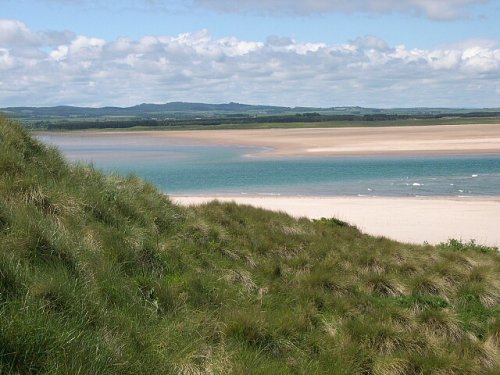
in the county of Northumberland
(7.9 miles, 12.7 km, direction NE)Budle Bay is a wonderous place, the shallow estuary is almost totally enclosed, and it is used by many species of wildlife as winter roosting territory...

a Picturesque Village in the county of Northumberland
(9.4 miles, 15.0 km, direction NE)Bamburgh, is known as the ancient capital of the Northumbrian coast and it is home to probably the finest Castle in England...
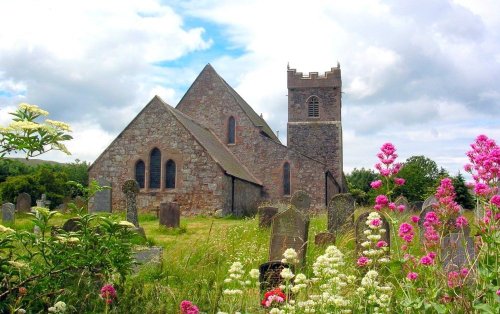
in the county of Northumberland
(9.4 miles, 15.2 km, direction W)Today, this appealing village has become a tourist destination to which travellers and holiday makers are drawn for the dramatic landscape and spectacular views...
All towns in Northumberland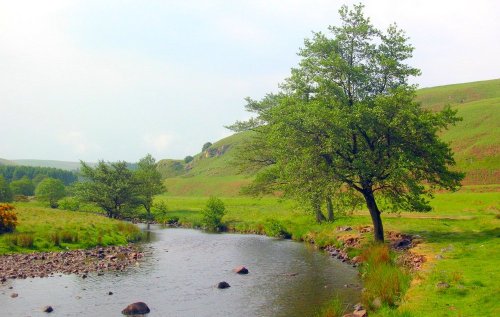
See also: The Cheviot Hills
The.....

This magnificent park covers thousands of acres of glorious countryside. It is mostly enclosed by old stone walls, lying just a.....
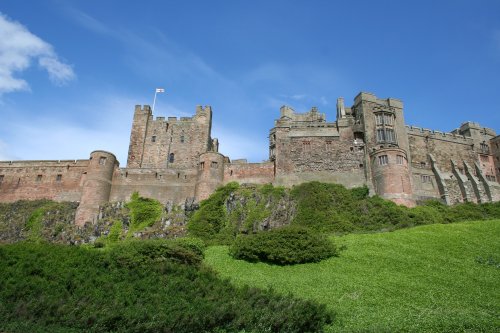
Bamburgh's huge Norman castle was once the seat of the Kings of Northumbria. It is set on a Basalt outcrop overlooking the.....
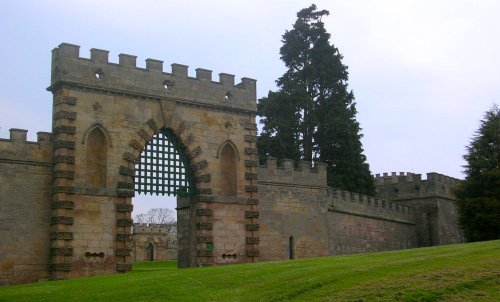
..
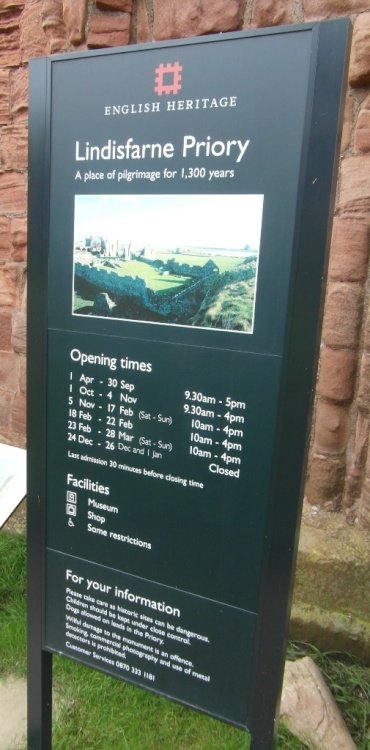
The strange, mystic atmosphere of Lindisfarne remains evocative of the time when holy men trod its shores rather than the birds.....